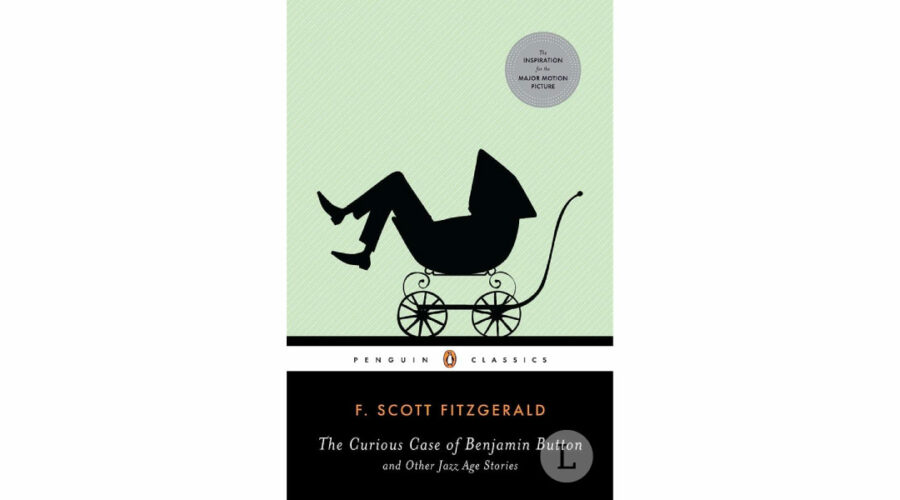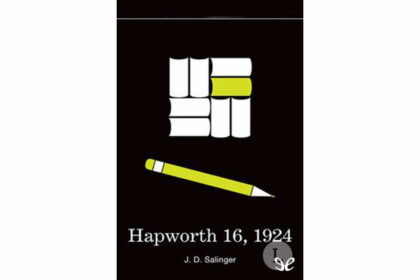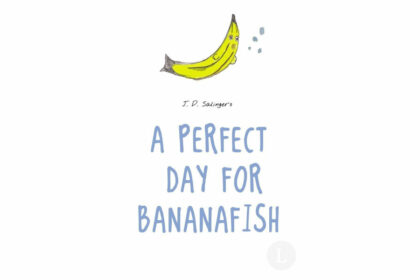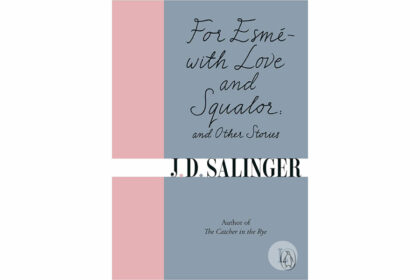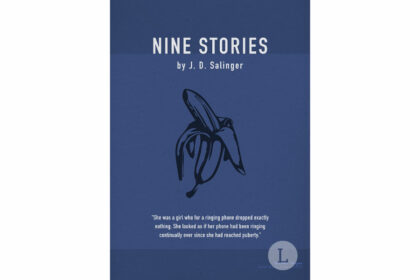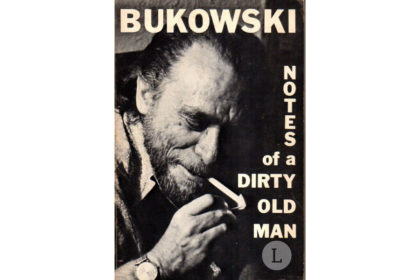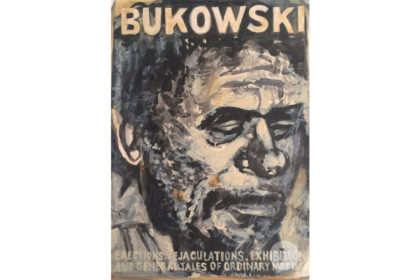The Curious Case of Benjamin Button is a short story by F. Scott Fitzgerald, the renowned American author best known for his classic novel, The Great Gatsby. Originally published in 1922, the story explores the life of Benjamin Button, a …
F. Scott Fitzgerald: The Curious Case of Benjamin Button
